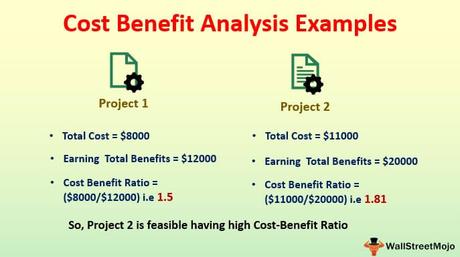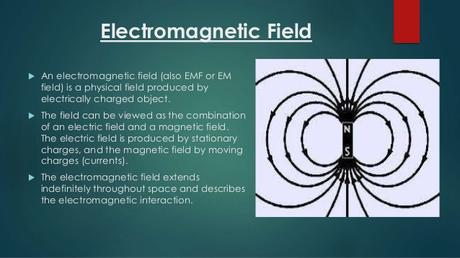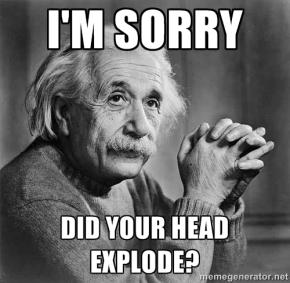We are convinced that inadequate thinking models caused the Global Warming and that we cannot overcome that with the same habitual thinking. Instead, we have to change our thinking habits, perhaps radically.
We are also convinced that the same mechanisms that showed the far-reaching incompetence by governments, politicians, health care authorities and mainstream media during the COVID-19 crisis are structural, and manifests itself in the current approach to Global Warming and Sustainability. We discussed that at length in earlier posts.
Distributive Justice vs Cost-benefit analysis
Distributive justice concerns the socially just allocation of resources. That means the assignment of rights and duties in the institutions of society, which enables people to receive the basic benefits and burdens of cooperation, mainly by breaking of barriers for social mobility, the creation of safety nets and economic justice.
Distributive Justice often contrasts with Procedural Justice, that if only the legal steps are followed correctly, the requirements of justice have automatically been met. Distributive Justice contrasts also with Cost-Benefit Analysis, the dominant tool of policy makers and entrepreneurs.
Cost-benefit Analysis is a systematic approach to estimating the strengths and weaknesses of alternatives used to determine options that provide the best approach to achieving benefits while preserving savings (for example, in transactions, activities, and functional business requirements).

They assign monetary values to intangible effects such as ecological effects. It is basically all about money.
We assume that the Standard Operation Procedures of organisations involved with Global Warming and Sustainability are based on Procedural Justice and Cost-Benefit Analysis.
Of course, this is a hypothesis, but if we might remedy this, perhaps some of the most bizarre effects of climate actions could avoided.
Example biomass
Trees take up carbon dioxide from the air as they grow and as long as the burned trees are replaced with new plantings, there is no net addition to the stock of carbon in the atmosphere. It seems an ideal solution, so governments install subsidies and tax exemptions to support the use of biomass. The idea behind it to make the use of law quality wood for making biomass creates an economic opportunity. The unintended consequence: the Estonian Fund for Nature and the Latvian Ornithological Society report the destruction of mature forests the size of the municipality of Amsterdam-. The Netherlands, together with Great Britain and Denmark, is the largest buyer.
Policy makers use the tool of cost-benefit to persuade companies to invest in climate change. It’s the same thinking that caused Global Warming *)

Climate change raises several particularly challenging ethical issues about distributive justice, concerning how to share fairly the benefits and burdens of climate change policy options.
Many of the policy tools often employed to solve environmental problems such as cost-benefit analysis usually do not adequately deal with these issues because they often ignore questions of justice.
What might be more examples of the mechanism where cost-benefit analysis as policy instrument leads to Distributive Justice?
What can be done about it?
Once upon a time, protection of human health and the natural environment did not seem to require economic analysis. Before the 1980s, public health and environmental policies were debated primarily on scientific, ethical, and legal grounds, with less emphasis on costs–let alone monetized benefits. More recently, it has become the norm to assume the need for cost-benefit analysis of new policies, comparing monetary costs and estimates of the monetary value of benefits. Just as a business should only make an investment if the expected revenues exceed the costs, the new approach suggests that government should
only adopt a new initiative if its expected benefits exceed its costs. **)

What should be done to make the political, legal and decision processes more oriented to Distributive Justice?
What other issues will enter the discourse?
Newtonian thinking
Contrast the above mentioned early thinkers and thinking models with the principles of Newtonian thinking, and you will get a glimpse of what we are looking for.
The world view underlying traditional science may be called “mechanistic” or “Newtonian”. It is based in reductionism, determinism, and materialism. Although it is simple, coherent and intuitive, it ignores or denies human agency, values, creativity and evolution.

Reductionism or fragmental-ism argues that the world exists of separable entities instead of comprising wholes. Determinism means that previously existing causes completely determine all events, including moral choices. All cause-effect relations are supposed to be linear.
Materialism is the view that everything is ultimately material. At the most fundamental level, everything that exists comprises nothing but matter and energy. Materialists reject the idea that there are immaterial or spiritual entities, such as souls, angels or God.
Field, field of force, force field
Because Newtonian theory could not explain magnetism, physicists introduced the concept of “field”: a space around a radiating body within which its electromagnetic oscillations can exert a force on another similar body not in contact with it

Could we counteract global warming and increase the sustainability of nature by replacing Newtonian thinking with thinking in force fields? What if we think as a quantum physicist?

What if we ignore the fact that humans, organizations, institutions are independent entities and treat them as waves instead?
Related articles and posts
- *) Is carbon-neutrality a magic and straightforward solution?
- **) Critique of Cost-Benefit Analysis, and Alternative Approaches to Decision-Making by Frank Ackerman.
- Training in Economics is a Serious Handicap.The situation is far worse. In fact, the doctrine of the economic theory has seeped into all levels of society. Every student, not only in economics, but also in law, sociology, business, and technical studies are indoctrinated by the same inadequate theory of independent agents who transact rationally.
- Thinking Patterns in Science.You may or may not agree these assumptions, but that is not the point to be taken here, in our point of view. We believe that putting these assumptions in a True either/or Untrue box is a premature approach. Of course, we could use these assumptions as preliminary hypotheses to work with, yet it is wise to acknowledge your assumptions and not regarding them as dogmas. Instead of that we could better, or even must, regard them as possibilities and triggers to question: “What if?”.
